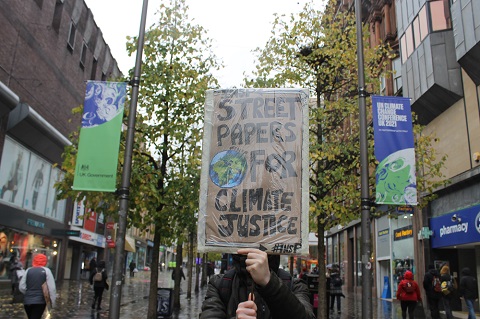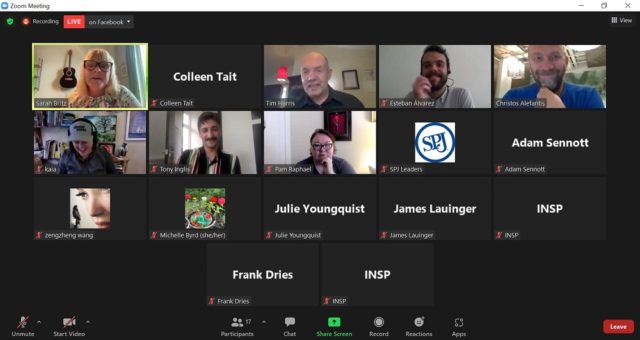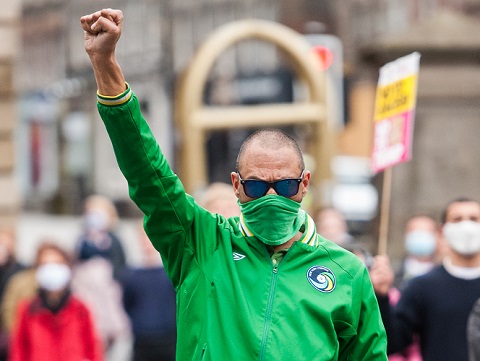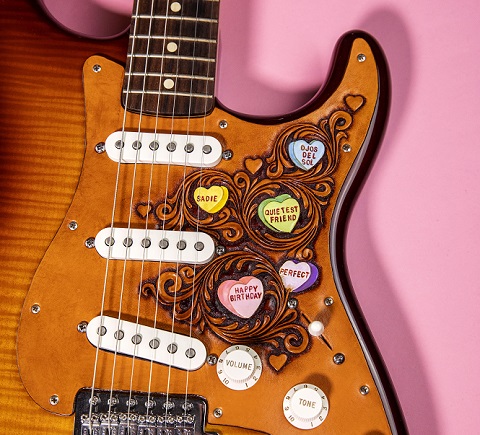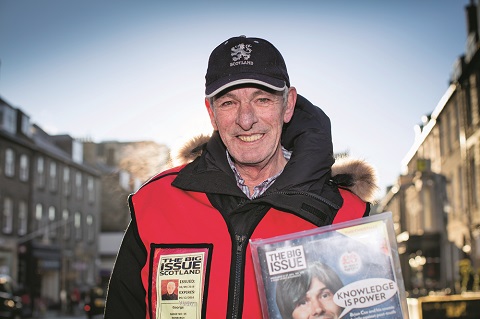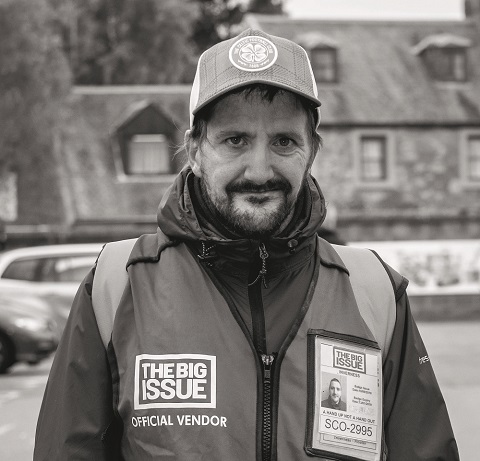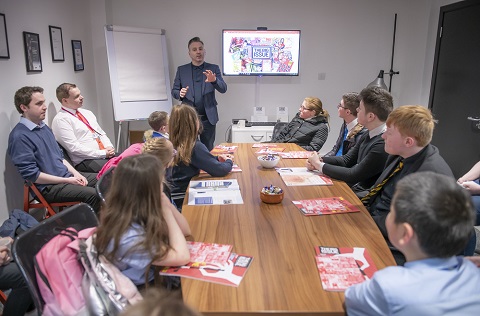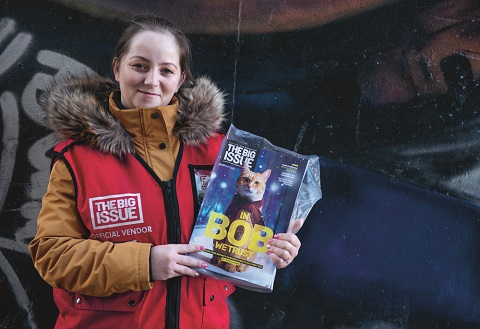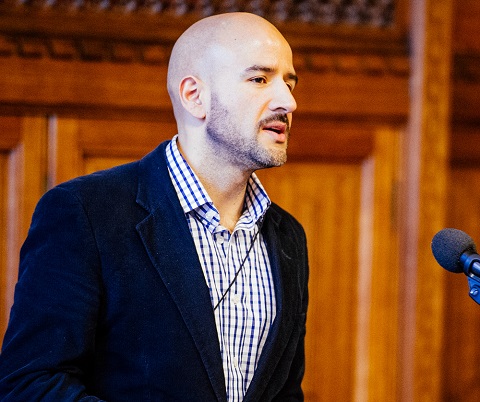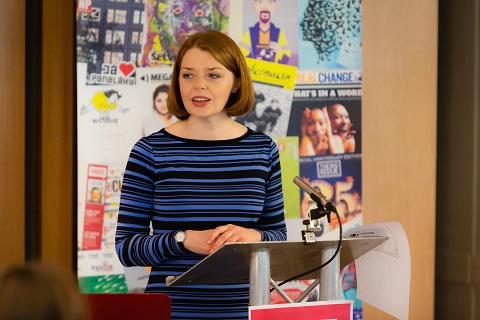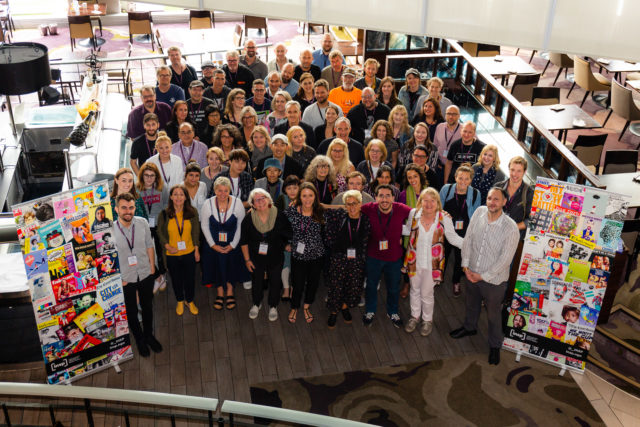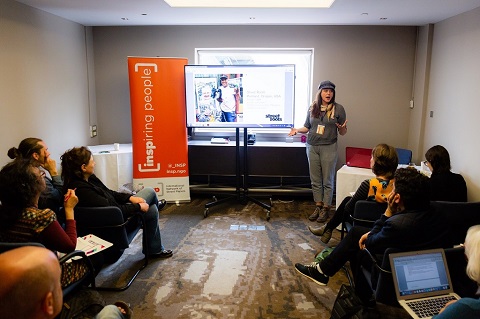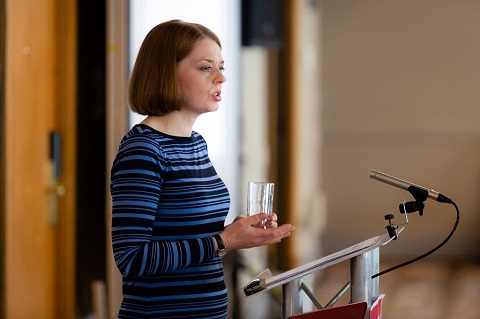Johnny Cash didn’t end his infamous live set At Folsom Prison with one of his classic outlaw anthems, but with a song he heard for the first time just one night previously. After a recording of ‘Greystone Chapel’ was given to him by a prison minister, Cash got to work in his hotel room, scribbling down the lyrics and later rehearsing a rendition that would be played in front of the California penitentiary’s inmates. In the front row was the song’s writer – Glen Sherley. When Cash and his band began introducing the track – “we hope we do your song justice Glen, we’re gonna do our best” – Sherley, who was in Folsom doing time for armed robbery, was completely unaware that his hero onstage had even heard his music, never mind learned to play it. The reaction was rapturous.
One can imagine this feeling of joy and connection is not exactly common in the life of an inmate, but there is a rich tradition of music emanating from behind the fortified walls, barred windows and locked doors of prisons, whether it’s a chance discovery leading to unexpected fame in the case of Cash and Sherley, or, more recently, the album Thank You for Using GTL by the still incarcerated (though, in fact, acquitted) rapper Drakeo the Ruler, whose vocals were recorded entirely via a payphone in his LA County jail.
Scottish musician Jill Brown has experience using her talent for a social good, specifically working with those serving time in Glasgow’s Barlinnie Prison, putting on shows for and with its inmates. Songwriting workshops pre-lockdown with a select number of them led to some interesting questions.
![Jill Brown. [Courtesy photo]](https://hub.insp.ngo/wp-content/uploads/2020/10/INSP_Conviction-Records_1-1.jpg)
“[When we were performing] typically they would gravitate towards cover songs, but I was encouraging them in the workshops to use their own words,” says Brown. The men she worked with – alongside community musician Matt Todd who already used music to work with disadvantaged people, in prisons and with disabilities – had hip hop on their minds, and many had tried rapping before.
“They all had a level of competency, and a couple were extremely talented,” adds Brown. “When you’re locked up all day, these classes were a chance to get out of cells. But also, it gives you an opportunity to do something your passionate about. That’s a powerful mix.
“When [these workshops] began catching on, the prisoners were asking me ‘what will happen to our music when we get out?’.”
From that, Conviction Records (newly crowned, after brief flirtations with other monikers) was born. The label and social enterprise will work with released ex-offenders (for now, from Barlinnie, but with hopes to expand to other jails eventually) to record and release music. While the likes of US-based label Die Jim Crow seeks to facilitate the music-making of those who are already masters of their craft but have been convicted of a crime and sentenced to jail time, Brown and Conviction Records is more preoccupied with the transformative, confidence boosting power music can have for individuals considered at the margins of society. Though, unearthing some quality hidden talent would be a welcome by-product.
“It’s not music alone that drives this, but if you do something well that people recognise you have a talent for, that’s where self-esteem comes from, and primarily what we’re doing is giving people self-esteem and dignity through the medium of music,” says Brown.
The stigma of being a convicted offender could mean that the label has some hurdles to overcome. While Brown has worked with people serving sentences for a range of crimes, she is sympathetic to the fact that it should be those who want to lift themselves out of their position that will benefit from the label, and she works with prison officers to ensure it is those who are on good behaviour and released with positive hopes that they won’t be back inside that are able to get involved.
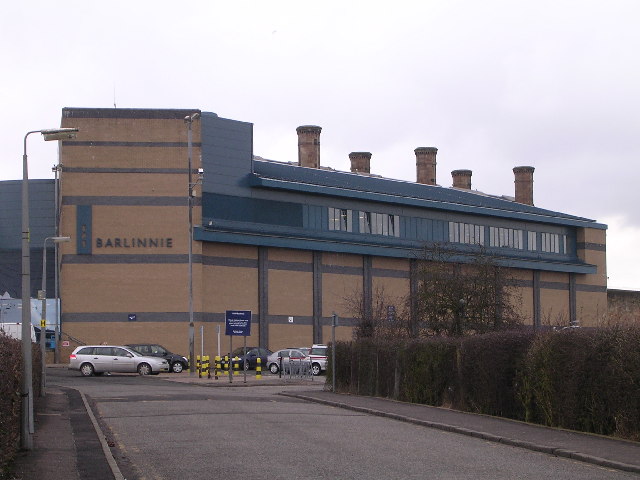
“It’s giving people a second chance who have a desire to turn their life around,” she says. “We’re not going to work with people who are there to glamourise crime in their music. Safety is paramount, and we’re not going to work with anyone who might put us in jeopardy. I have worked with Barlinnie to ensure that no serious, foul offenders are put forward for the workshops. And all the guys who worked with me to make rap music initially – they weren’t scary, or whatever they might be perceived as being. They came from quite disadvantaged backgrounds, and they were fantastic to work with.”
As well as a musician and songwriter, Brown is a former journalist and communications expert who runs her own business, offering media and presentation training. These two things are being employed to get the label going and, ultimately, self-sufficient. As well as releasing new music via Bandcamp with all proceeds going towards the set up of Conviction Records, she will be offering bespoke classes and training to outside parties to generate an income. These will also be offered to the ex-prisoners making music for the label.
Brown has an impressive set of talents and qualifications, but the business side of running a label is new to her. To assist with that, she has gained the help of Eric MacLellan, an American music executive who has worked in A&R with the likes of renowned mogul Seymour Stein, and has particular expertise in talent acquisition within the hip hop genre – ideal considering the musical styles the offenders Brown has worked with so far seem adept at working in.
![Eric MacLellan. [Courtesy photo]](https://hub.insp.ngo/wp-content/uploads/2020/10/INSP_Conviction-Records_2-1.jpg)
“We met at a music conference in Edinburgh about four years ago, and have kept in touch,” says Brown. “As an A&R, finding an opportunity to discover new talent is what it’s all about. Eric is passionate about human rights and the rights of prisoners – not every music businessperson would want to do this. He’ll provide all the knowledge about the running of the label, finding and signing talent. We complement each other well in that regard.”
Speaking about the new label MacLellan said: “I’ve known Jill for some time and when she told me about the label I jumped at the chance of being involved. Music can be a very self-seeking industry and she’s doing something really distinctive and worthwhile. I’m really looking forward to being part of Conviction Records’ vision and discovering talented musicians we can develop.”
Achieving some kind of musical superstardom may be some time off for any Conviction Records signee, but with the knowledge and commitment to the idea backing the project, it may not be long before it’s a Scottish prison, and one of its inmate, appearing in the musical history books.
You can purchase ‘Promised Land’, and other songs, by Jill Brown from Bandcamp, with all proceeds going towards funding the record label.
Follow Conviction Records on Twitter.




